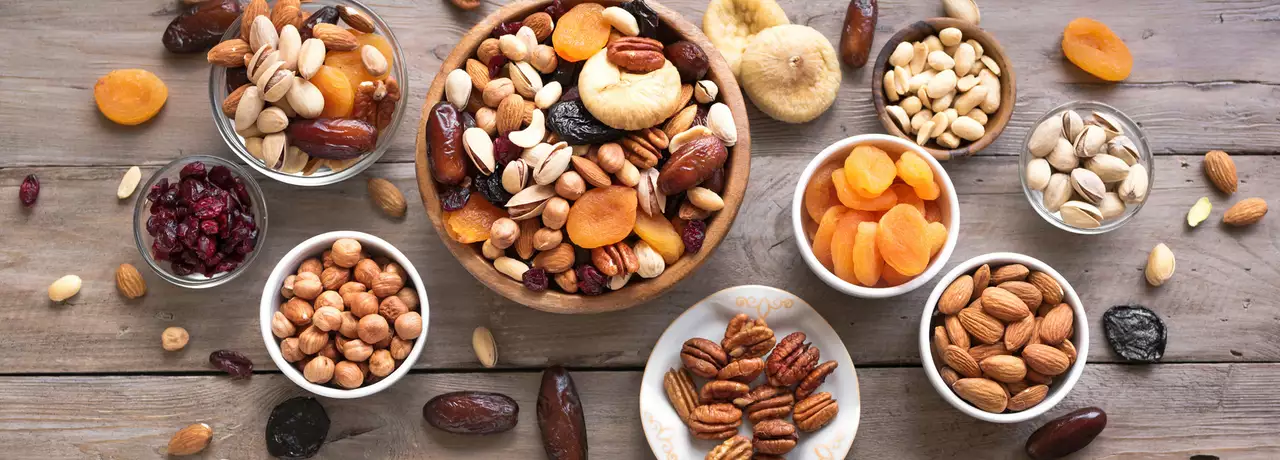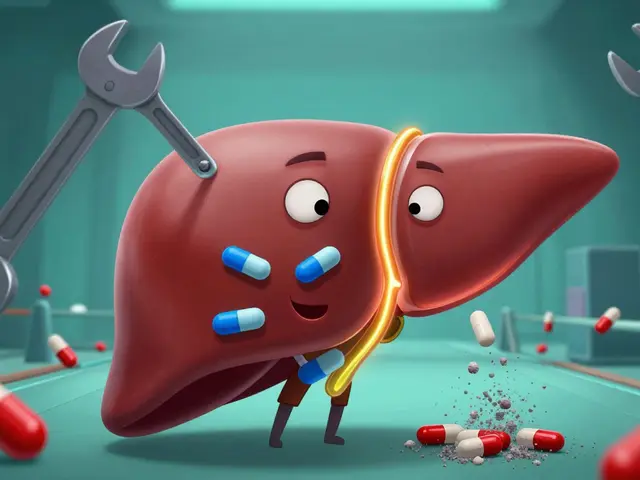Seeds: Small Foods, Big Health Wins
Want an easy way to boost nutrition without a big budget or dramatic diet change? Seeds do that. Tiny packets of calories, seeds like chia, flax, pumpkin, sesame, and sunflower deliver fiber, healthy fats, minerals, and plant protein. They’re simple to add to meals and many people notice better digestion, more stable energy, or shinier hair within weeks.
Which seeds do what?
Not all seeds are equal. Flax and chia are top sources of plant omega-3 fats, helpful if you don’t eat fish. Pumpkin seeds bring zinc and magnesium—great for sleep and immune support. Sesame seeds are rich in calcium and can help bone health when paired with vitamin D. Sunflower seeds give vitamin E and selenium, which act as antioxidants. Pick one or two you like and use them regularly; variety covers more nutrients.
Want practical uses? Sprinkle ground flax over yogurt or oatmeal, mix chia into smoothies or make a chia pudding, toss pumpkin or sunflower seeds into salads or roasted veggies, and use sesame in dressings and stir-fries. Grinding some seeds (flax, hemp) improves nutrient absorption. Store seeds in a cool, dark place—refrigerate oils and ground seeds to prevent rancidity.
Supplements and concentrated seed extracts
If you prefer pills or powders, seed supplements exist: flaxseed oil capsules, powdered hemp protein, or concentrated seed extracts. These can be handy when you travel or if you need a specific nutrient like omega-3 ALA. Check the label for purity, third-party testing, and dose per capsule. Avoid mega-doses unless advised by a clinician—more isn’t always better.
Safety first: seeds are generally safe but watch allergies. If you have a nut or seed allergy, check cross-contact warnings. Seeds can also affect blood clotting—if you take blood thinners, talk to your doctor before adding large amounts of flax or chia. Seeds add fiber fast; ramp up slowly and drink water to avoid bloating or constipation.
Buying tips: prefer whole seeds if you can grind them at home—they stay fresher. For oils and ground seeds, look for dark glass bottles, short ingredient lists, and use-by dates. Organic options reduce pesticide exposure but aren’t required for benefit. Price varies—buying in bulk saves money and is fine if you’ll use them within a few months.
Quick plan to start: week one, add a tablespoon of ground flax to breakfast. Week two, swap in a tablespoon of pumpkin seeds for snacks. By week four you’ll likely notice small changes in digestion and energy. Track a simple metric—sleep, bowel habits, or how your skin looks—and adjust from there.
If you want deeper reading, our site covers fig supplements and herbal options like Asparagus racemosus that pair well with seed-based nutrition. Use seeds as simple, affordable tools—practical moves that add up over time.

The Role of Nuts and Seeds in Managing Hypercholesterolemia
As a health-conscious individual, I've recently discovered the importance of nuts and seeds in managing hypercholesterolemia. These nutrient-dense foods are packed with heart-healthy fats, fiber, and other essential nutrients that can help lower cholesterol levels. By incorporating a variety of nuts and seeds, such as almonds, walnuts, flaxseeds, and chia seeds, into our daily diet, we can potentially decrease the risk of heart disease. It's truly fascinating how these small yet powerful food items can make such a significant impact on our overall health. I'm definitely going to make a conscious effort to include more nuts and seeds in my meals from now on.
Categories
- Medications (70)
- Health and Medicine (61)
- Health and Wellness (36)
- Online Pharmacy Guides (16)
- Nutrition and Supplements (9)
- Parenting and Family (3)
- Environment and Conservation (2)
- healthcare (2)
- prescription savings (1)



